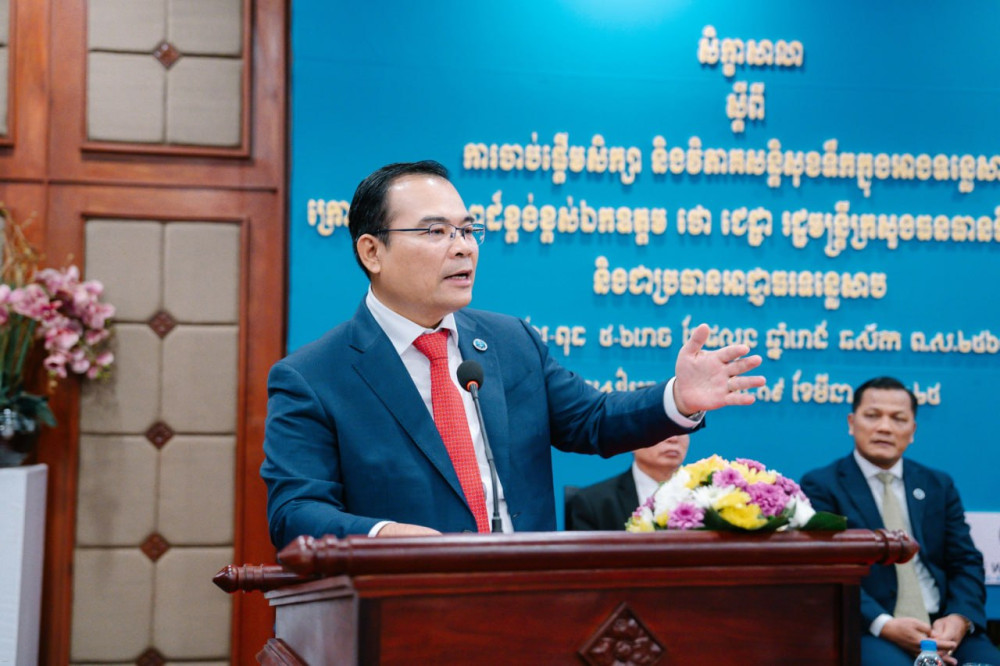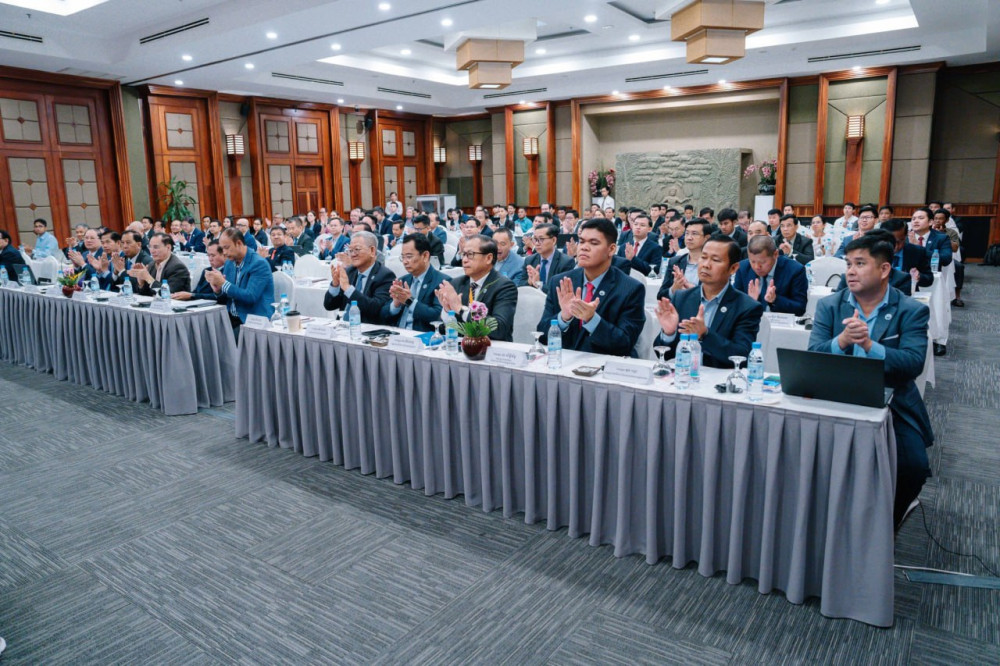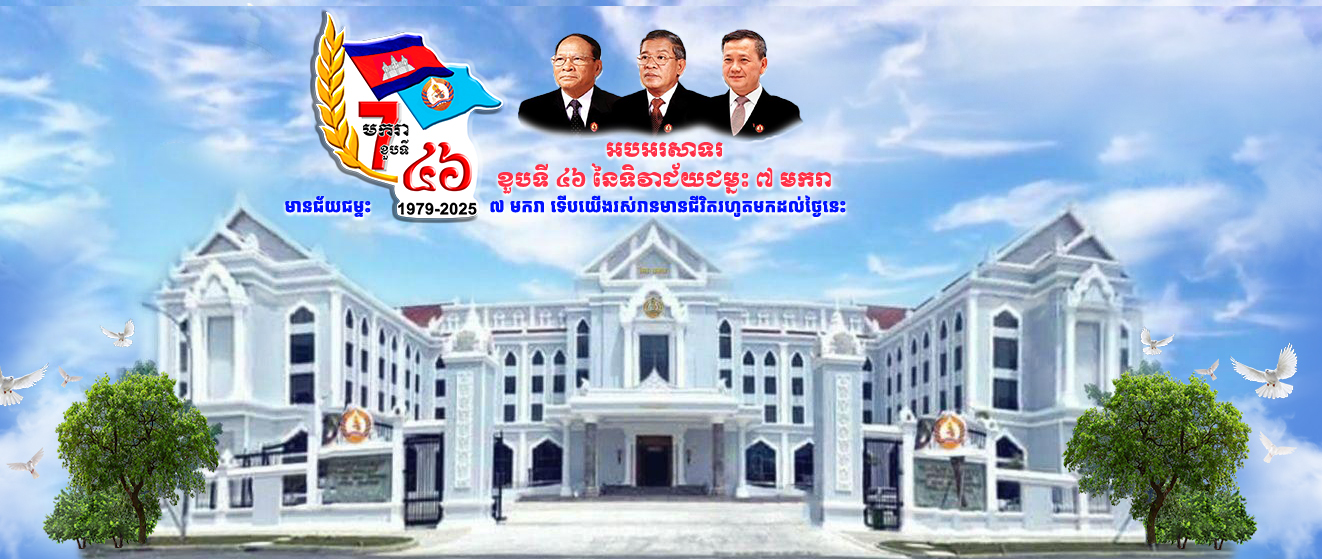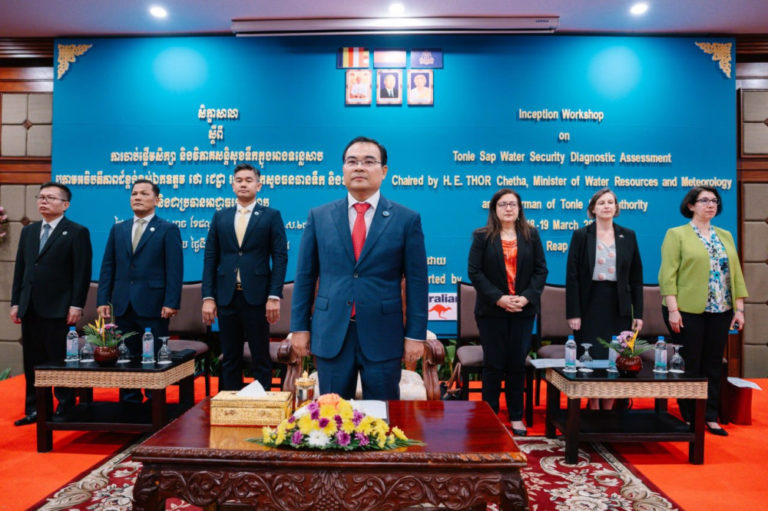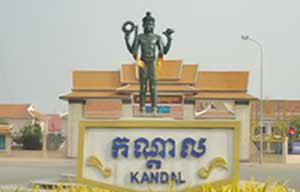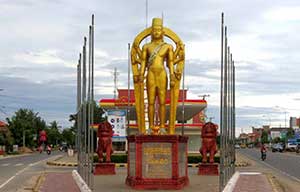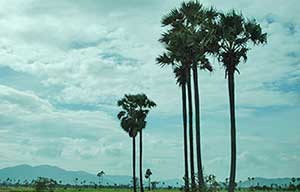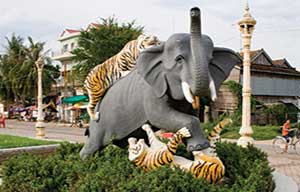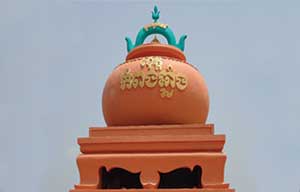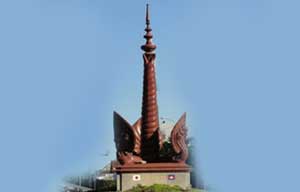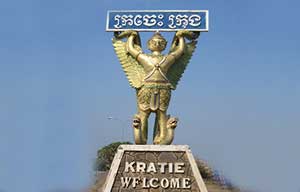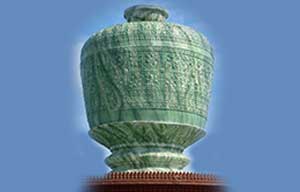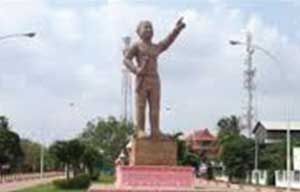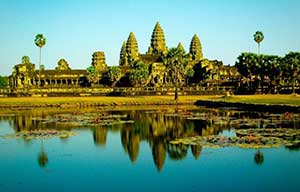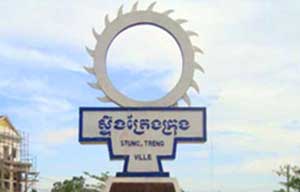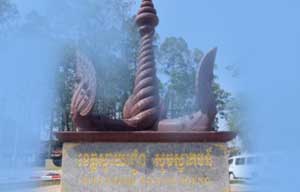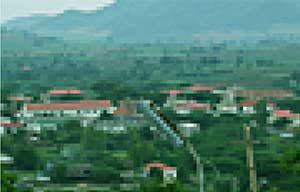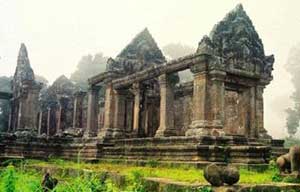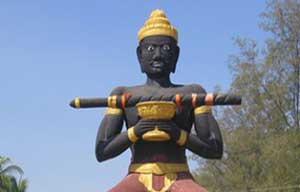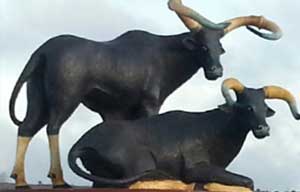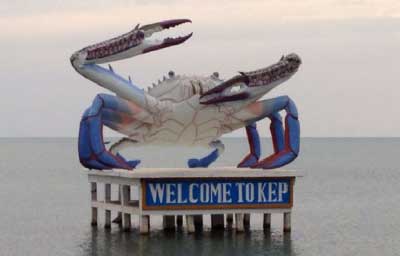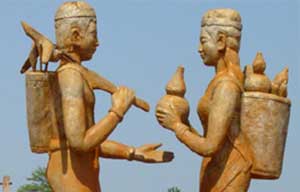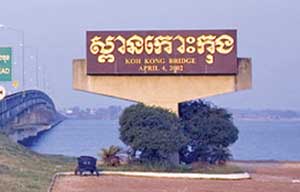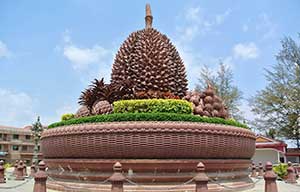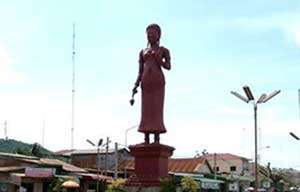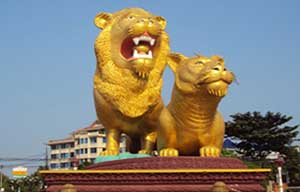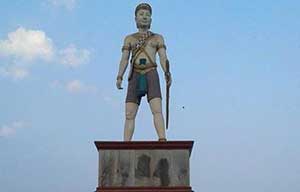The Ministry of Water Resources and Meteorology (MOWRAM) conducted in Siem Reap province on Mar. 18-19 a workshop on the commencement of studies and analysis of water security in the Tonle Sap Basin to ensure long-term water security and ecosystem resilience.
Jointly organised by the Tonle Sap Authority, the World Bank (WB), the Department of Foreign Affairs and Trade of Australia (DFAT), the Australian Water Partners (AWP), and the Global Water Security and Sanitation Partnership (GWSP), the workshop was opened under the presidency of H.E. Thor Chetha, Minister of MOWRAM.
According to the ministry, addressing the opening ceremony, H.E. Thor Chetha, also Chairman of the Tonle Sap Authority emphasised that Tonle Sap Lake is the largest natural freshwater lake in Southeast Asia, serving as a vital water reservoir that helps mitigate floods and supports biodiversity. The lake plays an important role in sustaining the local economy, providing livelihoods, and preserving the cultural heritage of the Cambodian people.
H.E. Minister also highlighted that the Tonle Sap region’s vast potential has contributed to key national achievements, such as fisheries, geography, and tourism, which support agricultural productivity and improve the living standards of local communities.
He stressed the need to work together to effectively protect and manage the Tonle Sap, in line with the high-level recommendations of Cambodia’s leaders, Samdech Akka Moha Sena Padei Techo Hun Sen and Samdech Maha Borvor Thipadei Hun Manet.
H.E. Thor Chetha expressed his belief that the workshop would serve as a platform for collaboration among policymakers, scientists, development partners, and local communities to address complex issues related to the lake, ensuring long-term water security and ecosystem resilience in the face of human activities and climate change.
